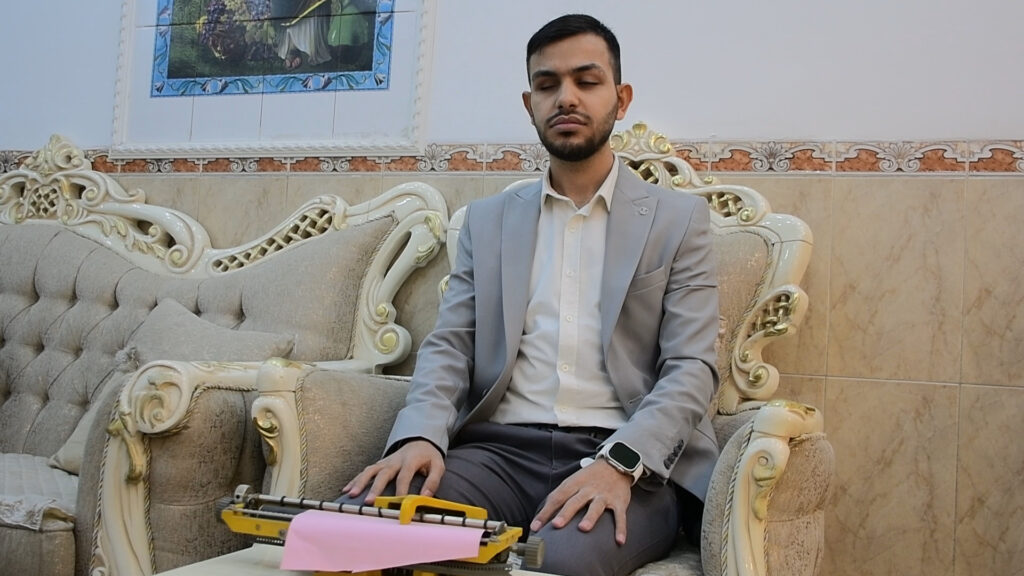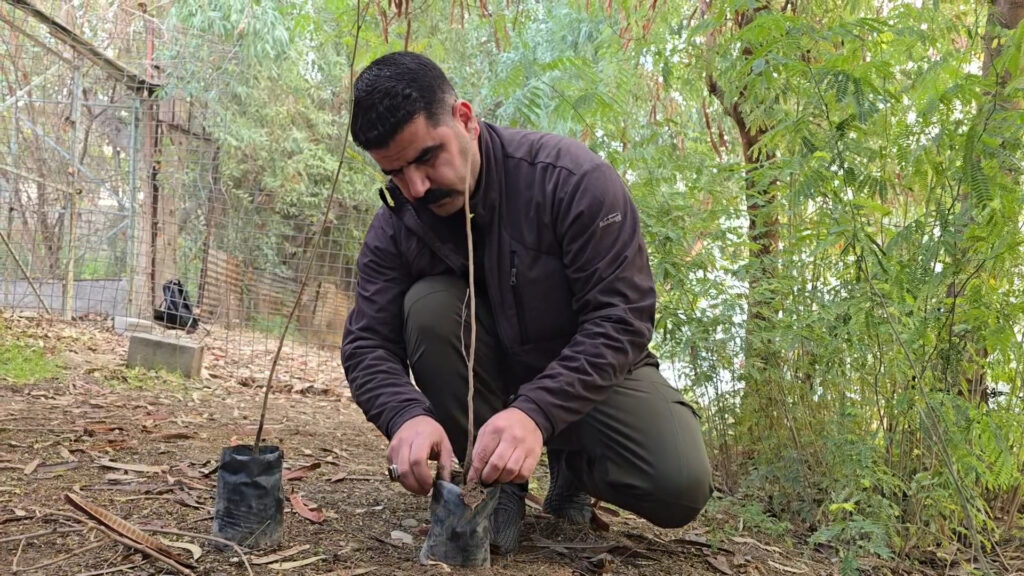Kurdish leaders rapidly meet with US officials as the demise of ISIS nears

KDP President Masoud Barzani received US Special Presidential Envoy for Syria Engagement James Jeffery on Wednesday.
Their meeting focused heavily on military progress against ISIS.
"President Barzani expressed his gratitude to the people and government of the United States for their continuous support to the Kurdistan Region, adding that the war against the terrorists of the Islamic State would have indeed been more costly in terms of human lives and resources had it not been for the intervention of the U.S.-led coalition," read a statement from Barzani's office.
Former Iraqi Prime Minister Haider al-Abadi declared ISIS defeated in Iraq in December 2017; however, the group clings to some territory in Syria along the border with Iraq in the Middle Euphrates River Valley.
"The meeting also included discussions on the situation in Syria and how it is imperative for all sides to begin engaging in finding avenues which would be in the interest of the people of Syria following the end of the caliphate of the Islamic State," added Barzani's statement.
Kurdish security officials have warned that ISIS still poses a threat in Iraq, particularly in the disputed areas where a security vacuum exists between Iraqi and Peshmerga forces.
"Ambassador Jeffery made reference to the fact that the U.S. support to the Kurdistan Region has proven to be a successful endeavor and that the Kurdistan Region is one of the success stories in the Middle East," added Barzani's statement.
Masrour Barzani, the head of the Kurdistan Region Security Council (KRSC), also met with US Army Lt. Gen. Paul LaCamera on Wednesday.
"They agreed defeating the ISIL ideology requires addressing the underlying causes, many of them political and restoring services and security to liberated areas. Both sides also underscored the need for reconciliation," read a KRSC statement.
Barzani "praised" the US-led Global Coalition to Defeat ISIS's "continued training and aid to Peshmerga and Iraqi Security Forces."
LaCamera is the commander of the US operation to defeat ISIS in Iraq and Syria.
"On Syria, he reiterated calls for a peaceful, negotiated settlement that protects the rights and safety of the Kurdish people," read a statement from the KRSC.
Masrour Barzani has been tipped by the KDP which is the largest party in the Kurdistan Region to become prime minister of the Kurdistan Regional Government (KRG).
He also met with Iran Ambassador to Iraq Iraj Masjedi on Wednesday.
"They had a wide-ranging exchange on practical measures to expand trade and bilateral relations with the Kurdistan Region and Iraq," read a KRSC statement.
Iran is the Kurdistan Region's second-largest trading partner behind Turkey. It was the first country to support the Peshmerga in the ISIS conflict.
"Ambassador Masjedi said the Islamic Republic of Iran attaches importance to stability and progress of the Kurdistan Region. They also discussed recent developments in Iraq and the new KRG Cabinet," added the statement from the KRSC.
Increasingly, there have been calls by Iran-backed politicians in Baghdad for the Iraqi parliament to vote to end the US military presence in Iraq, citing the defeat of ISIS in Iraq and Syria.
To that end, Iraqi Prime Minister Adil Abdul-Mahdi met with US Army Gen. Joseph Votel, the commander of US Central Command on Sunday.
"They discussed the cooperation in the war against Daesh terrorist gang, training, the positive developments in Iraq, the Government's tendencies to promote security, stability, and the reconstruction of liberated and affected cities, as well as efforts to eliminate the remnants of Daesh in Syria," read a statement from Abdul-Mahdi's office.
US President Donald Trump announced in December his decision to withdraw his forces from Syria, although military officials have refused to set a timeline.
"As President Trump has stated from the outset, the United States is withdrawing its forces from Syria in a manner that is deliberate and coordinated, and we’re going to continue to work together to fight ISIS, and – but that’s something that’s going to continue," said acting State Department spokesperson Robert Palladino during a press briefing on Tuesday.
He added that the withdrawal is a "tactical change" rather than a change in the anti-ISIS mission.
Iraqi President Barham Salih, a Kurd, met with Votel on Sunday.
"President Salih indicated that elimination of terrorism once and for all requires cooperation and commitment by the international community in supporting and shoring up the affected countries and their reconstruction," read a statement from his office.
Salih thanked Votel for the US role to safeguard Iraqi sovereignty through the ISIS conflict.
"The meeting stressed on the commitment to safeguard the Iraqi sovereignty, and that the presence of any forces for the purposes of support in the face of terrorism is at the invitation of the Iraqi government and within the agreed goals," added Salih's office.
US-Kurdish relations remain strategic. The KRG is one of the few governments in the Middle East capable of meeting with nearly all countries.
If the Iraqi parliament moves forward and votes to expel US forces, then the Kurdistan Region could serve as a quasi-base for thousands of US forces and State Department officials.
The parliament of the Kurdistan Region convened for the first time on Sunday since holding an election on September 30. It is expected that they will soon address the future of the posts the prime minister and president.



